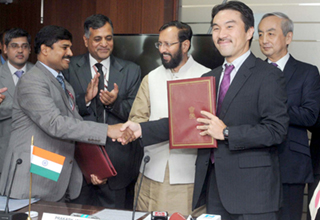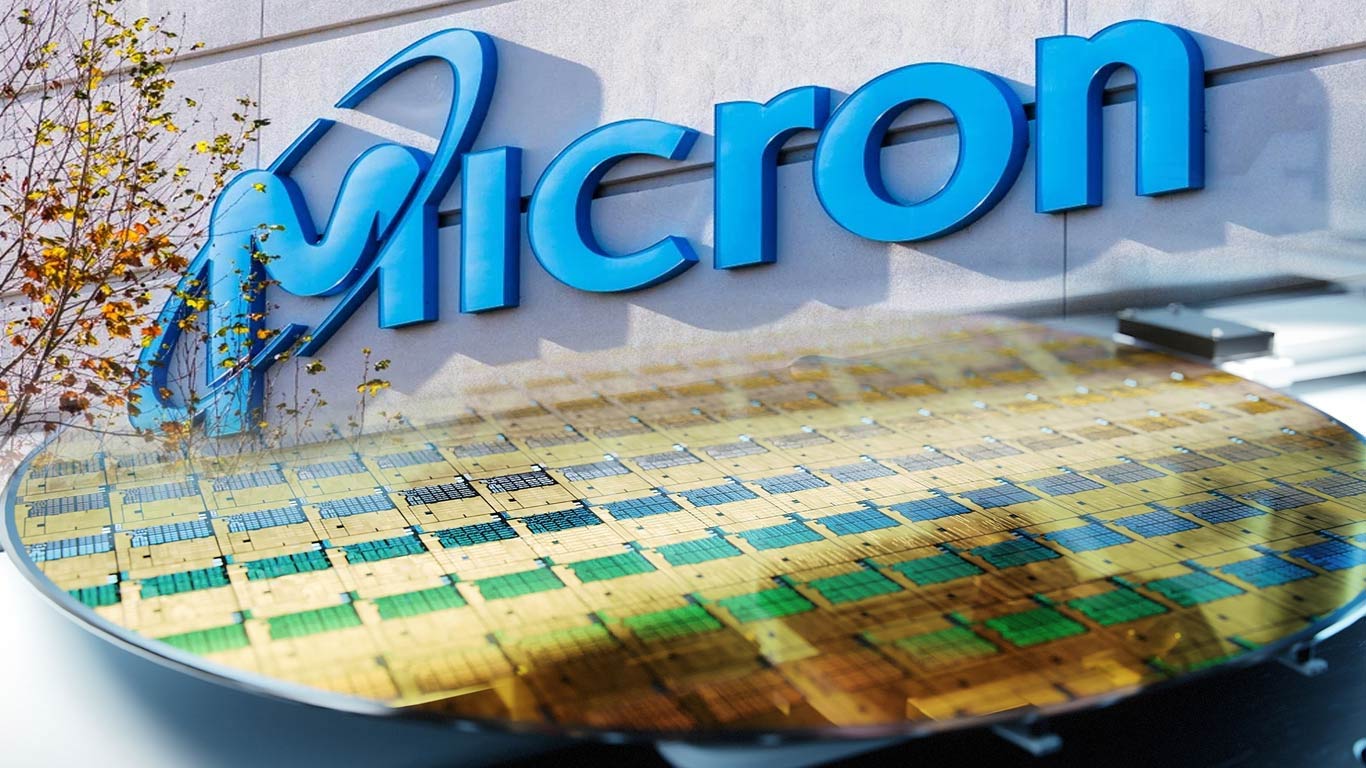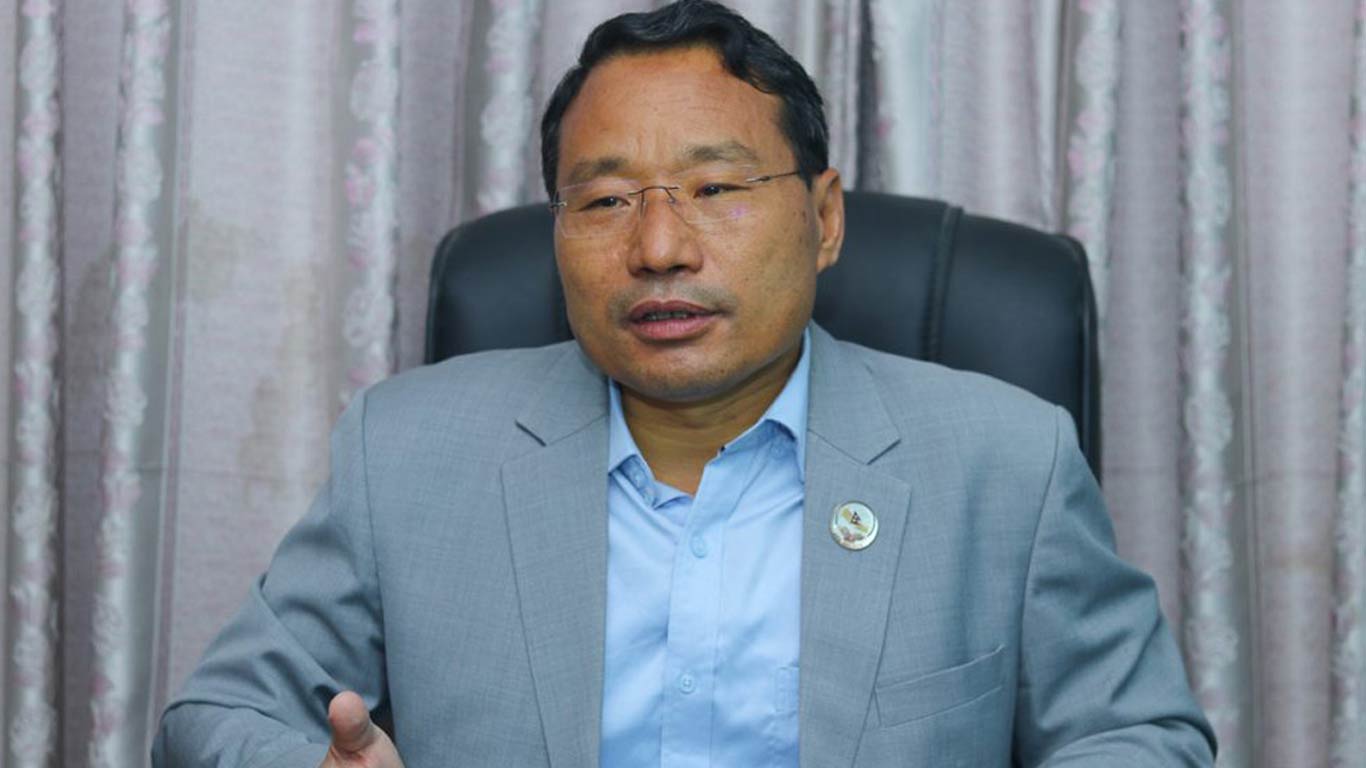11 new Sewage Treatment Plants to be set up in Pune
Updated: Jan 13, 2016 04:03:57pm

The agreement has been signed in the presence of Minister of State (Independent Charge) of Environment, Forest and Climate Change, Prakash Javadekar, here today.
The Government of Japan has committed to provide a soft loan of 19.064 billion Yen (about Rs. 1000 crore) to Government of India for the project at an interest rate of 0.30% per annum.
Speaking soon after the agreement was signed, Javadekar termed it a ‘historic agreement’. The Minister also said that it marked the beginning of a new chapter of cooperation with Japan.
The major components proposed under the project include construction of 11 new STPs, which will result in a creation of an additional treatment capacity of 396 mld over the existing treatment capacity of 477 mld, laying of 113.6 kms of sewer lines and renovation/rehabilitation of 4 existing intermediate pumping stations, said the Ministry of Environment and Forests.
Once the project is completed, the total STP capacity available in Pune will be 873 mld, which will be sufficient to cater to sewage generation for the year 2027.
The project will have a significant, direct beneficial impact in terms of reduction of pollution load in the river and improvement of the quality of its water. Some of the collateral benefits of the project include - use of tertiary treated effluent for irrigation and employment opportunities, particularly in the construction stage.
The project will also improve the aesthetics and sanitation of Pune. Biogas (methane) from STPs will be used to generate electricity. To that extent, this will not only be a non-conventional energy source, but will also provide benefits in terms of reducing greenhouse gas emissions (methane being a greenhouse gas), the Ministry said.
The Mula Mutha river at Pune is one of the 302 polluted river stretches of the country identified by Central Pollution Control Board. The major reasons for pollution of Mula Mutha are discharge of untreated domestic waste water into the river due to inadequate sewerage system (including pumping stations) & sewage treatment capacity in the town, as well as open defecation on the river banks. (With PIB Inputs)











